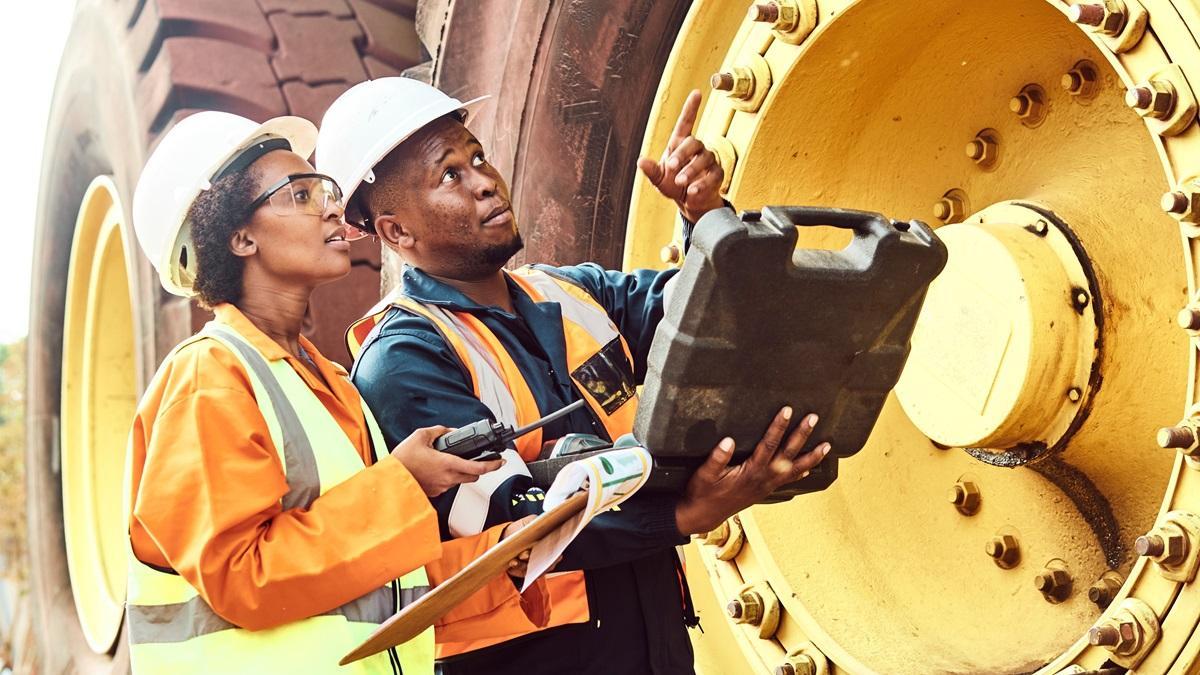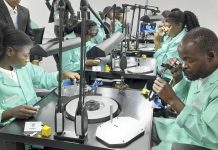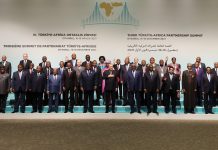writes Uche Igwe
Africa-Press – Botswana. African countries can strengthen their position on the climate negotiation table by adding value to their enormous critical mineral endowment.
Africa holds a significant share of global reserves and production of the world’s critical energy transition minerals. The continent has more than 50 per cent of the world’s cobalt and manganese and more than 20 per cent of its aluminium and copper. About thirty per cent of world reserves of critical minerals are found in the continent, powering renewable energy technologies central to a low-carbon future. According to the International Monetary Fund, over 70 per cent of global cobalt output and half of the world’s proven reserves sit in the Democratic Republic of Congo alone. Zimbabwe holds the largest reserves of lithium in Africa and ranks fifth globally in exports, which earned the country £171 million in the first nine months of 2023.
In the past five years, the demand for critical minerals has seen the market double, reaching £260 billion in 2022. In the past year alone, the demand for lithium has risen by 30 per cent. Demand is projected to continue on this trajectory, doubling again by 2030 and quadrupling by 2050. As this demand intensifies, it could offer untold opportunities for these resource-producing African countries. It could re-position Africa to be more prominent in the global transition to renewable energy. According to a McKinsey report, the continent can generate £162 million to £1.6 billion of additional revenue by 2030 and create up to 3.8 million jobs by building a competitive low-carbon manufacturing sector.
Focus on philanthropy weakens Africa’s bargaining power
African countries are structurally disadvantaged during climate negotiations. Its leaders go to climate meetings hustling for global philanthropy to meet the demands of adaptation and mitigation. They often return disappointed with their expectations unmet. But they keep hoping that things will improve.
Africa’s increased participation and size of delegations at global meetings have not produced improved climate outcomes for the region. The implications of the Covid-19 pandemic unsurprisingly altered the philanthropic arena. Mounting economic pressures have led to fluctuations in donor behaviour. Diplomacy is enlightened self-interest, so African nations cannot bring out their begging bowls, hoping to fill them with presents from a world full of do-gooders. Nations are more disposed to reciprocal relationships and dignifying exchanges rather than charity. Africa should look to its comparative advantages and come to the table with offers if it expects to be taken seriously.
Unlocking financing will necessitate doing things differently
Finance is often Africa’s biggest priority during climate negotiations. Despite recent progress, gaps still exist. The Climate Policy Initiative estimates that some £2.3 trillion will be needed to achieve Africa’s global warming targets between 2020 and 2030. According to the United National Economic Commission, Africa countries could mobilise up to £67 billion annually by participating in well-functioning carbon markets. However, countries could generate more resources through mineral value chains. For Africa to derive maximum benefit from the mineral boom, it must break away from only serving as a mineral supplier for the rest of the world and urgently consider value addition. This allows mineral-endowed countries to achieve sustainable economic growth by creating higher downstream activities and backward linkages. It involves adding value to minerals before exporting them.
To develop its mineral value chain, Africa must address environmental, geopolitical and trade challenges in the sector. Diversifying from sole extraction to higher-value activities provides opportunities to reach new markets, generate high tax revenue, reduce exposure to commodity variations and create employment for the local population. Some countries have started adopting policies aimed at developing value chains, such as export restrictions on raw materials, to increase benefits to mining communities. Zimbabwe is one country speeding up value addition and beneficiation by introducing incentives to encourage mining companies to process the output locally. Namibia and the Democratic Republic of Congo (DRC) are following suit by implementing bans on unprocessed minerals. Africa Mining Vision calls for an approach where raw materials are processed into intermediate or finished products to create necessary beneficiation and higher value downstream, potentially improving benefits. Furthermore, African governments must develop progressive mining laws to ensure that the continent reaps the full benefits of global demand for critical minerals.
LSE
For More News And Analysis About Botswana Follow Africa-Press






